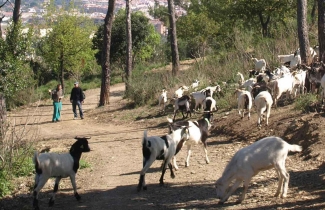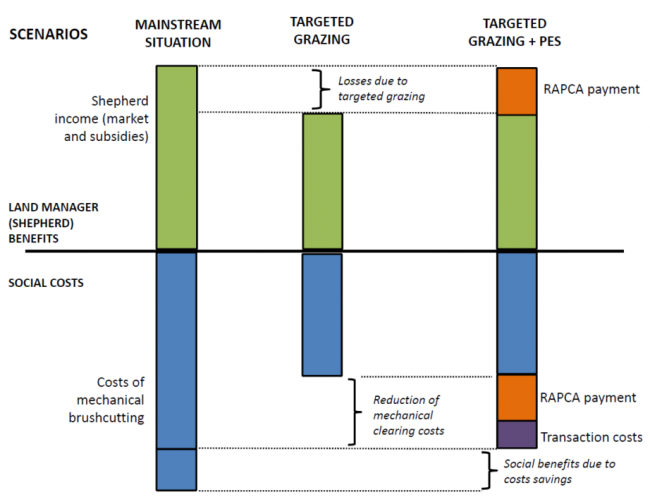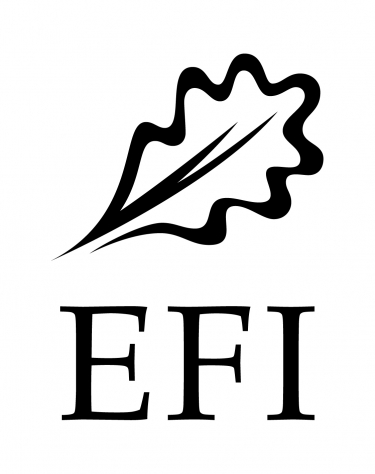Retro-innovation working for wildfire prevention: Shepherds’ contracts to reduce biomass and maintain fuelbreaks

Innovative contracts are providing extra income and social recognition for shepherds working to reduce forest fire risk. These indicator-based contracts, as well as policy commitments and trusting relationships, nourish the achievements of the Andalusian Network of Grazed Fuel Breaks in Spain.
“Goats are our cheap, biological lawnmowers preventing wildfires. We guide them for a precision grazing,” says a shepherd hired by the town of Sant Boi del Llobregat (Barcelona) to keep a cleared fire line between the houses and the forest. Free range livestock (or extensive livestock rearing) has been a widely spread activity for millennia in the Mediterranean, playing a significant role in shaping its landscapes, including forest ecosystems.
Foresters are sometimes reluctant towards extensive livestock rearing in forest areas as it can result in damages to trees and seedlings that may ultimately threaten tree regeneration. However, many years of abandonment of traditional forest activities has led to fuel load accumulation, increasing the risk of severe wildfires.
Agreements with shepherds have emerged as a potential solution in the search for innovative, efficient and green technologies for maintaining a fire-resilient landscape. The most long-standing and widespread experience in Spain is the Andalusian Network of Grazed Fuel Breaks (known by the acronym RAPCA), which started 15 years ago.
Shepherds receive a payment for the fire prevention service that they provide to society through their work in public forests. Our analysis of the structure and governance of this mechanism reveals the crucial importance of the policy commitment, the trust created through the alliance with researchers, and the social capital afforded to shepherds through their engagement in the programme.
Furthermore, the grazed approach is less expensive than its mechanical counterpart, as illustrated in the figure below.
Future challenges could arise related to unequal compensation for shepherds engaging in these additional efforts in contrast with income from traditional pasturing. Nevertheless, this research adds weight to the idea that pastoralism is evolving in some Northern Mediterranean countries, from an undervalued rural activity into the safeguards of the green landscape.
Full Reference:
Varela, E., Górriz-Mifsud, E., Ruiz-Mirazo, J. & López-i-Gelats, F. 2018. Payment for targeted grazing: Integrating local shepherds into wildfire prevention. Forests, 9(464). DOI: https://doi.org/10.3390/f9080464



